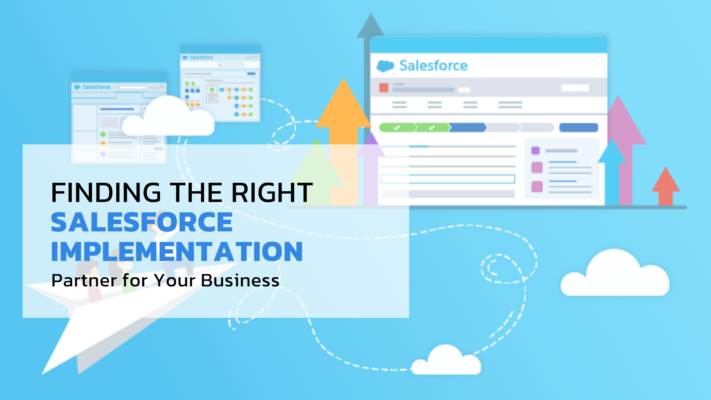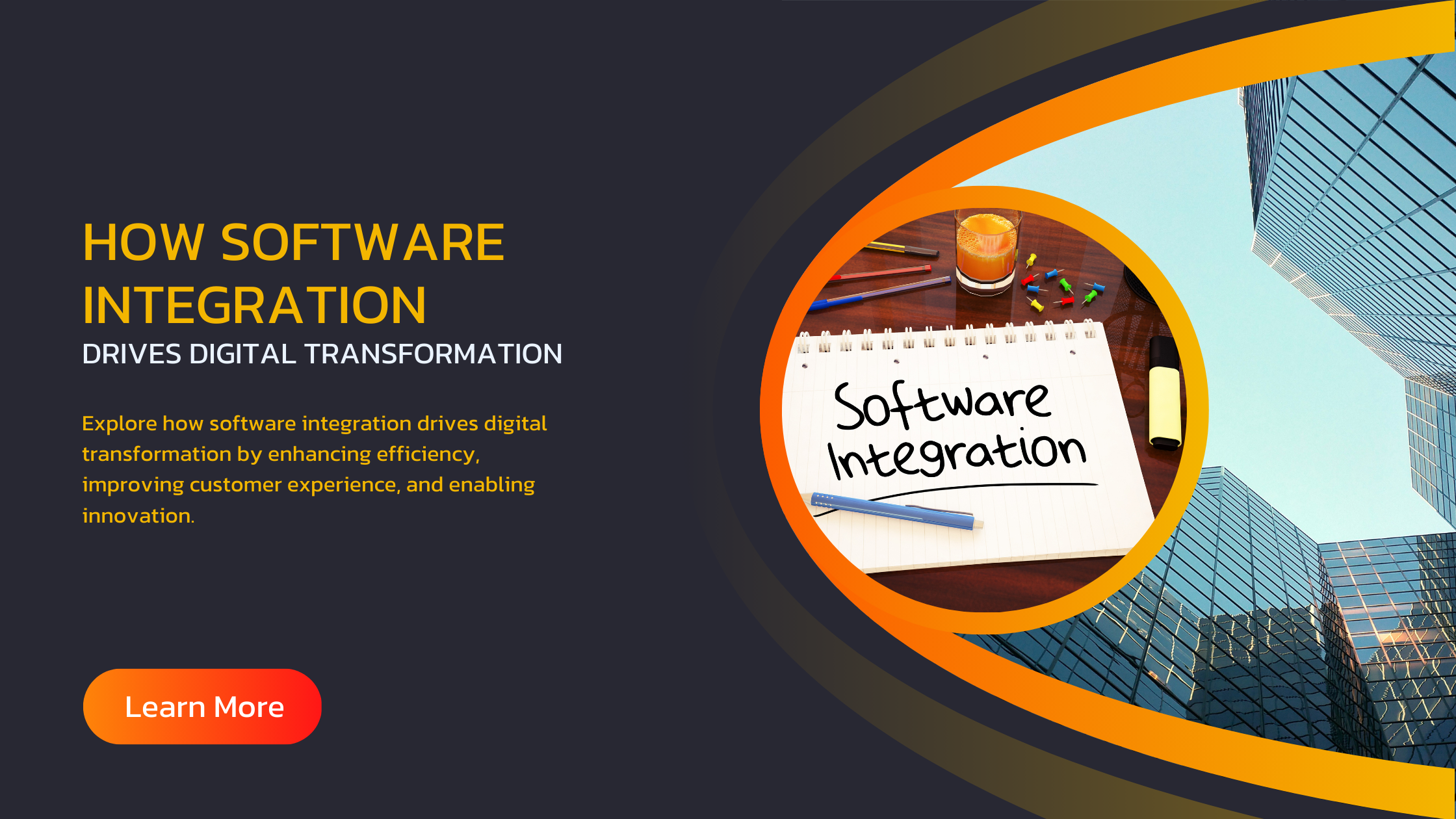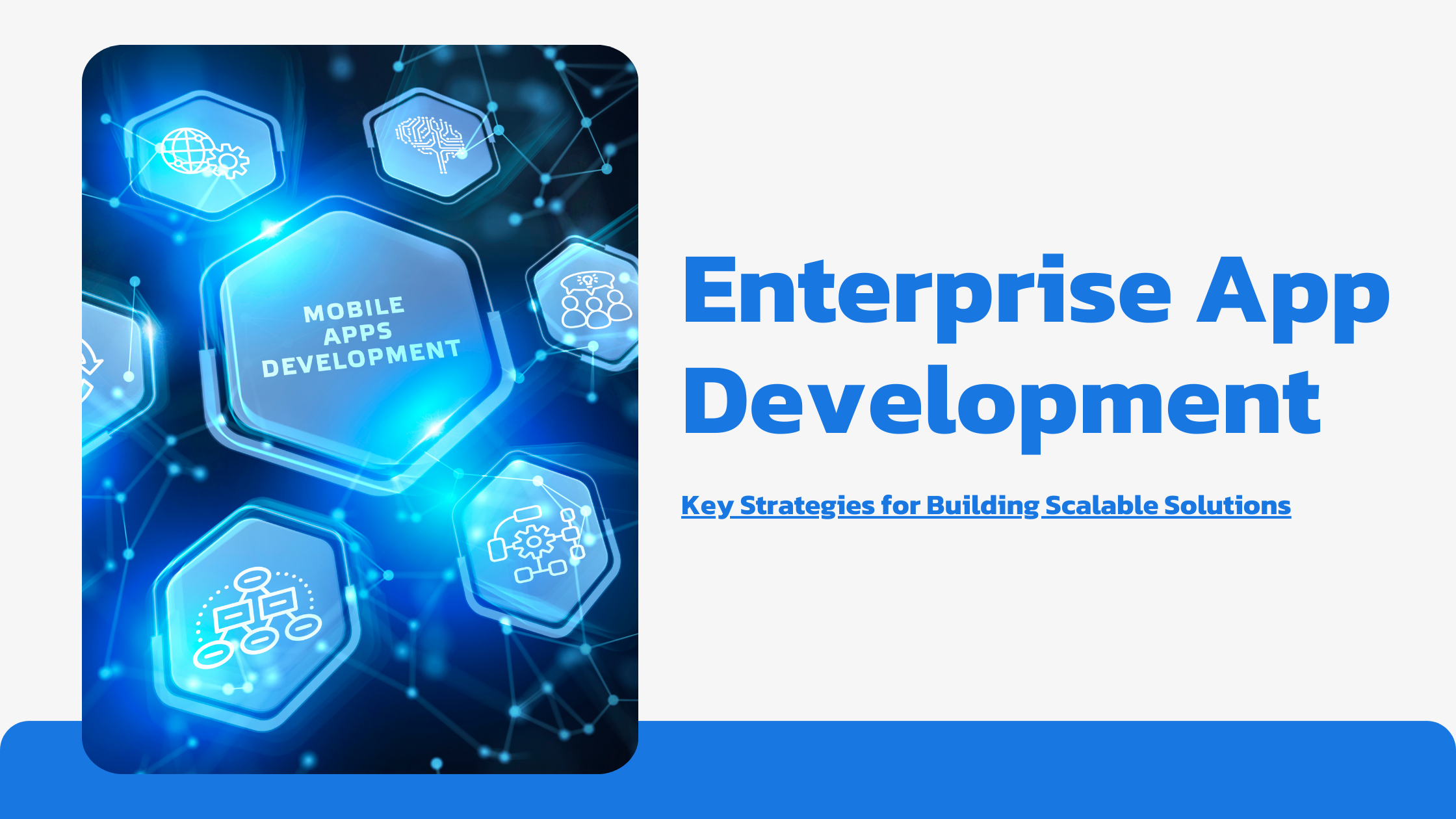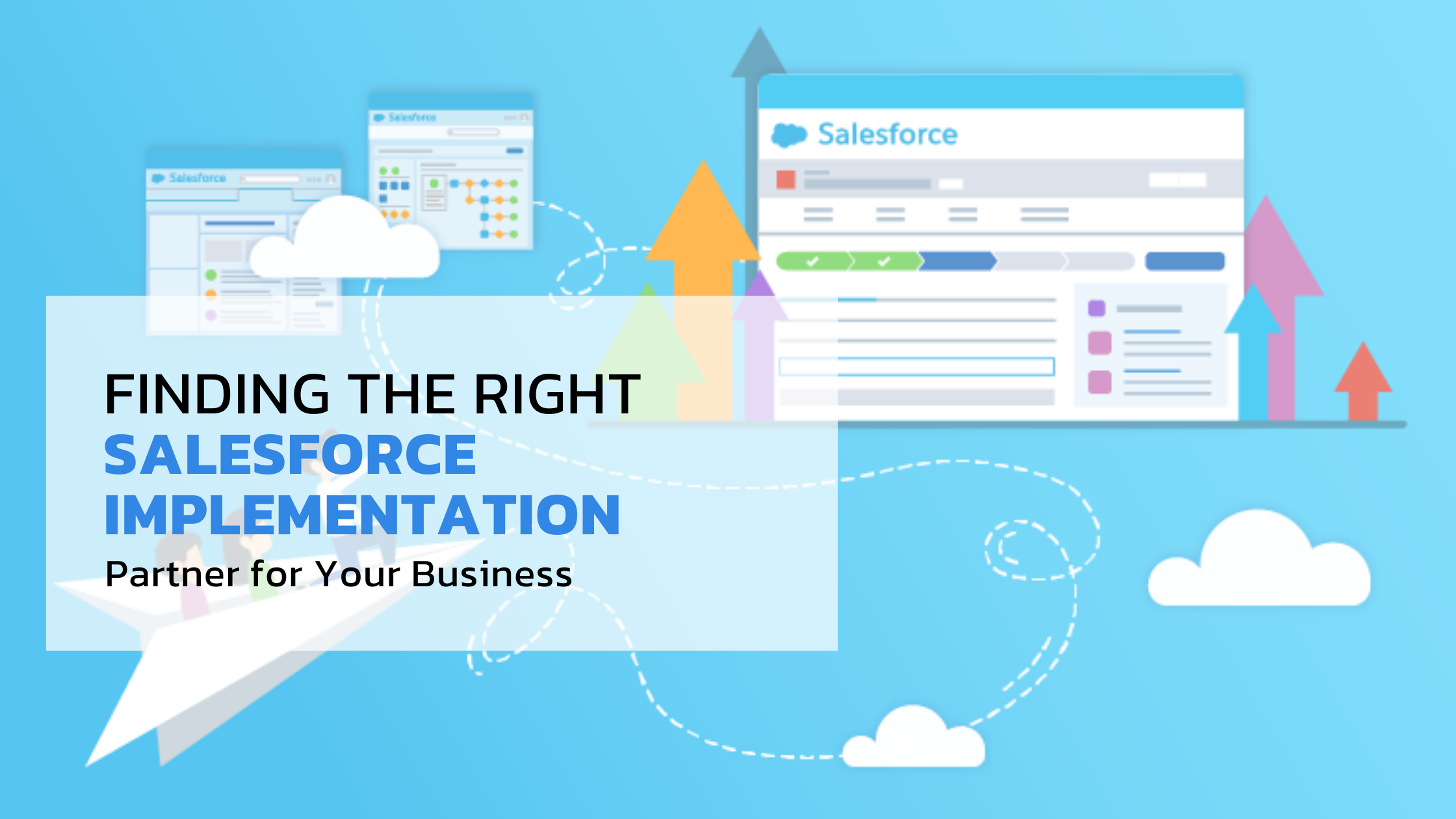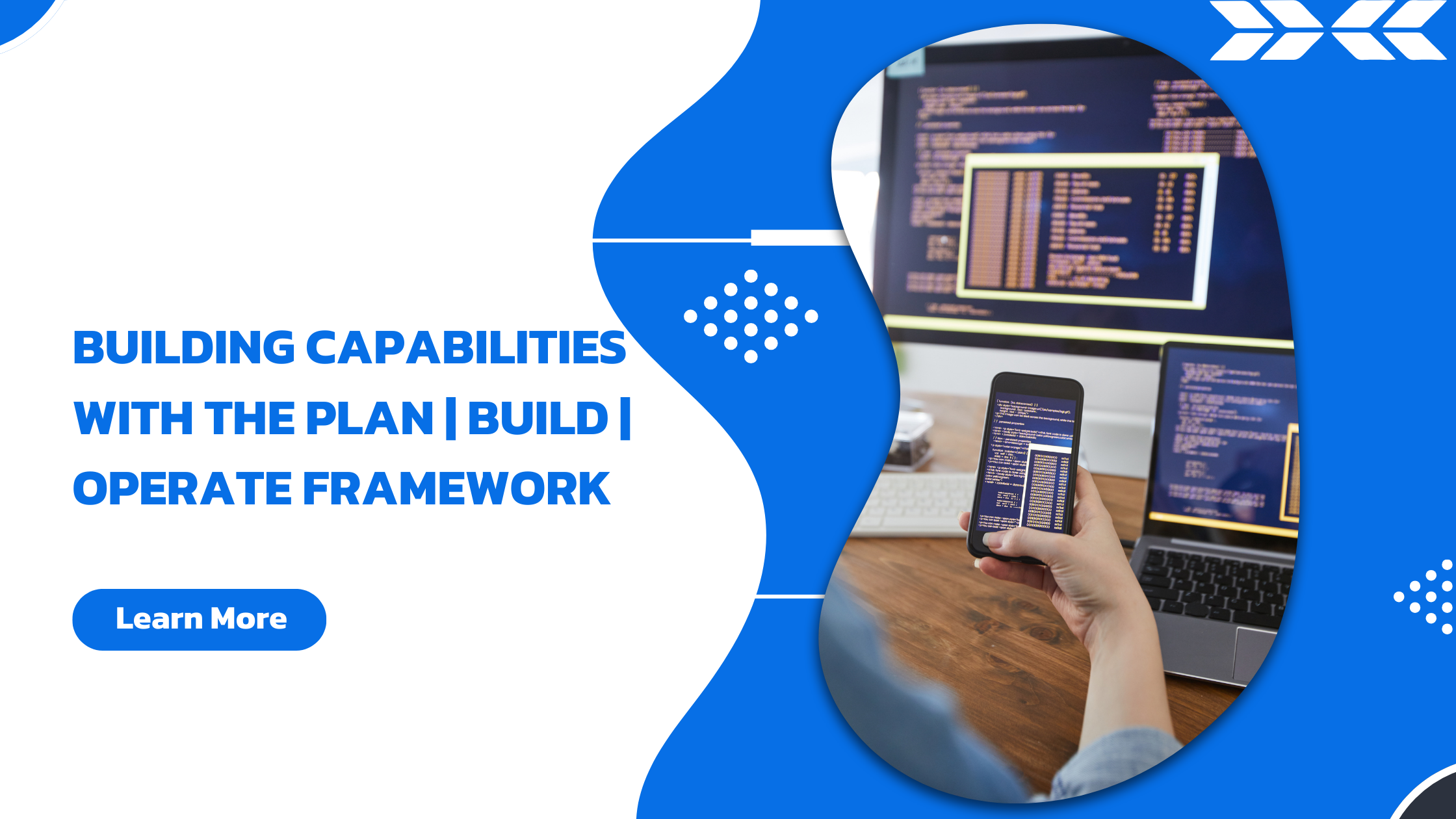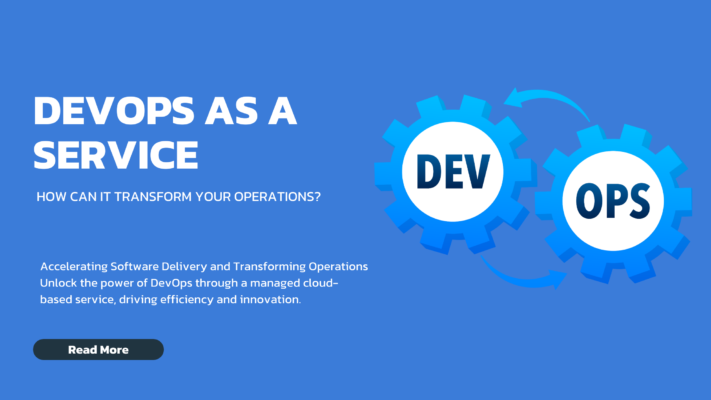
- September 1 2024
- Parshant Kashyap
In an era where digital transformation is paramount, organizations are constantly seeking innovative solutions to enhance their development and operational efficiencies. DevOps as a Service (DaaS) has emerged as a game-changing approach, combining development and operations into a streamlined, managed service model. By integrating advanced DevOps practices through a cloud-based service, DaaS offers significant benefits in accelerating software delivery, improving operational performance, and reducing costs. This comprehensive guide explores the concept of DevOps as a Service, its operational dynamics, benefits, challenges, and how it can be a pivotal factor in transforming your business operations.
What is DevOps as a Service?
DevOps as a Service (DaaS) is a cloud-based model that delivers DevOps tools and practices through a managed service provider. This model allows organizations to leverage the principles of DevOps without the complexities of managing the infrastructure and processes in-house. By outsourcing DevOps operations to a specialized provider, businesses can focus on their core activities while benefiting from a range of advanced tools and methodologies.
Key Components of DevOps as a Service
- Automation: Automation is a fundamental aspect of DaaS, enabling the streamlining of various development and operational tasks. This includes automating code integration, testing, and deployment processes, which reduces manual effort and minimizes the risk of errors.
- Continuous Integration/Continuous Deployment (CI/CD): CI/CD pipelines are central to DaaS, facilitating the seamless integration of code changes and automated deployment. This approach ensures that new features and updates are delivered more rapidly and reliably.
- Monitoring and Analytics: DaaS platforms provide real-time monitoring and analytics tools that offer insights into application performance, system health, and user experience. These tools help organizations identify and address issues promptly.
- Collaboration Tools: Effective collaboration between development and operations teams is crucial for DevOps success. DaaS solutions include collaboration tools that enhance communication and coordination, improving overall workflow efficiency.
- Security: Security is a critical concern in DevOps. DaaS providers implement robust security measures, including access controls, encryption, and compliance with industry standards, to safeguard applications and data.
How Does DevOps as a Service Work?
The operation of DevOps as a Service involves a series of integrated processes and workflows designed to optimize development and operational activities.
1. Infrastructure Management
DaaS providers manage the underlying infrastructure required for DevOps, including servers, storage, and networking resources. This eliminates the need for organizations to invest in and maintain their own infrastructure, allowing them to focus on their core development and operational activities.
2. Automation and Orchestration
Automation tools within DaaS streamline repetitive tasks such as code integration, testing, and deployment. Orchestration ensures that these tasks are executed in a coordinated manner, enhancing efficiency and reducing the likelihood of errors.
3. Continuous Integration and Continuous Deployment (CI/CD)
CI/CD pipelines enable continuous integration of code changes and automated deployment. These pipelines facilitate rapid release cycles and help ensure that updates and new features are delivered reliably.
4. Monitoring and Feedback
Real-time monitoring tools provide visibility into application performance, system health, and user experience. Feedback mechanisms allow teams to identify and resolve issues quickly, ensuring that applications remain stable and perform well.
5. Security and Compliance
DaaS providers implement comprehensive security measures, including threat detection, encryption, and compliance with regulatory standards. This ensures that applications and data are protected against security threats and comply with industry regulations.
Why is DevOps as a Service Becoming So Popular?
The rise of DevOps as a Service is driven by several factors that align with the evolving needs and trends in the industry.
1. Accelerated Development and Deployment
In today’s fast-paced market, organizations need to deliver software quickly and efficiently. DaaS accelerates development and deployment processes by automating repetitive tasks and providing streamlined workflows. According to a recent Forrester report, organizations using DaaS experience up to a 30% reduction in deployment times and a 40% increase in deployment frequency.
2. Cost Efficiency
Managing DevOps infrastructure in-house can be costly and resource-intensive. DaaS offers a cost-effective solution by outsourcing infrastructure management and providing a subscription-based pricing model. This eliminates the need for significant upfront investments and allows organizations to pay for services based on their usage.
3. Scalability
DaaS platforms provide scalable solutions that can easily adapt to changing project requirements. Organizations can scale their DevOps capabilities up or down based on demand, ensuring they have the necessary resources without overcommitting.
4. Access to Expertise
DaaS providers bring specialized knowledge and support to the table, helping organizations implement and optimize DevOps practices effectively. This access to expert resources can accelerate the adoption of best practices and drive better outcomes.
5. Enhanced Collaboration
Effective collaboration between development and operations teams is essential for successful DevOps implementation. DaaS solutions include collaboration tools that enhance communication and coordination, leading to more efficient workflows and improved team performance.
Pros and Cons of Using DevOps as a Service
Understanding the benefits and potential drawbacks of DevOps as a Service can help organizations make informed decisions about adopting this model.
The Key Advantages of DaaS:
- Accelerated Software Delivery: DaaS streamlines development processes, resulting in faster release cycles and quicker delivery of updates and new features.
- Cost Savings: Outsourcing infrastructure management and adopting a subscription-based pricing model reduces capital expenditures and operational costs.
- Scalability: DaaS platforms offer scalable solutions that can adapt to changing project needs, optimizing resource utilization based on demand.
- Access to Expertise: DaaS providers offer specialized knowledge and support, helping organizations implement best practices and optimize their DevOps processes.
- Improved Team Collaboration: DaaS enhances communication and coordination between development and operations teams, fostering better collaboration and more efficient workflows.
Potential Drawbacks of DaaS:
- Dependency on Service Providers: Relying on third-party providers for critical DevOps functions introduces risks related to service performance and availability. Organizations must carefully evaluate their service providers to ensure reliability.
- Limited Customization: Pre-configured DaaS solutions may not meet all specific requirements or provide the level of customization that some organizations need. Additional customization or integration efforts may be required for unique needs.
Real-World Applications of DevOps as a Service
DevOps as a Service is applicable across various industries, helping organizations achieve specific operational goals and address unique challenges. Here are some notable use cases:
1. Software Development
For software development teams, DaaS provides a streamlined environment for continuous integration and delivery. This accelerates release cycles, enhances software quality, and improves developer productivity.
2. E-Commerce
E-commerce platforms benefit from DaaS by ensuring seamless deployment of updates and features, managing user traffic effectively, and maintaining high availability. This helps e-commerce businesses stay competitive and deliver a superior user experience.
3. Financial Services
Financial institutions use DaaS to manage complex regulatory requirements, ensure data security, and support rapid deployment of financial applications. DaaS helps these organizations comply with industry regulations while improving operational efficiency.
4. Healthcare
In the healthcare sector, DaaS supports the development and deployment of applications that require stringent compliance and security measures. This enhances operational efficiency and helps healthcare organizations deliver better patient care.
Key Trends in DevOps as a Service

To stay competitive, businesses must keep up with the latest trends in DevOps as a Service. Here are some key trends shaping the future of DaaS:
1. Increased Focus on Security
As cyber threats become more sophisticated, DaaS providers are placing greater emphasis on security. This includes implementing advanced security measures such as threat detection and response to protect applications and data.
2. Integration with DevSecOps
DevSecOps, which integrates security into the DevOps process, is gaining importance. DaaS solutions are incorporating DevSecOps practices to ensure that security is an integral part of the development lifecycle.
3. Adoption of AI and Machine Learning
Artificial intelligence (AI) and machine learning (ML) are being integrated into DaaS platforms to enhance automation, predictive analytics, and anomaly detection. These technologies help organizations make data-driven decisions and improve operational efficiency.
4. Hybrid and Multi-Cloud Environments
As businesses adopt hybrid and multi-cloud strategies, DaaS solutions are evolving to support these environments. This allows organizations to manage their DevOps processes seamlessly across different cloud platforms.
Conclusion
DevOps as a Service offers a powerful solution for transforming software development and operational processes. By leveraging DaaS, organizations can benefit from accelerated software delivery, cost savings, scalability, and access to specialized expertise. As businesses continue to evolve, adopting DevOps as a Service can provide a competitive edge, enhancing efficiency and performance in an increasingly complex digital landscape.
At Upcore Technologies, we specialize in delivering customized DevOps as Service solutions tailored to your unique needs and objectives. Our expertise in DevOps tools, trends, and pipeline management ensures that you achieve optimal outcomes and drive your business forward. Contact us today to explore how our DevOps as a Service offerings can revolutionize your software development processes and elevate your operational performance.




